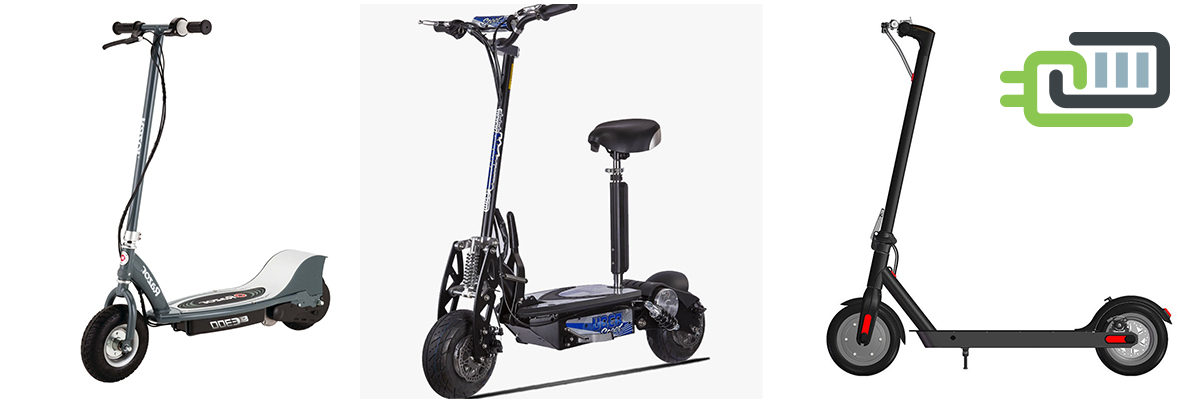
Production of Electric Scooter Batteries: Innovation for the Future of Transportation
Electric scooters have become a significant mode of transportation as urban mobility continues to gain popularity. The robust performance and environmentally friendly nature of these scooters have made them a preferred choice among users. However, the heart of electric scooters lies in efficient and reliable batteries. Let’s take a closer look at the production of electric scooter batteries.
Design of Electric Scooter Batteries
The batteries used in electric scooters are a critical component that determines the scooter’s performance and range. The design of these batteries is based on the following key features:
- Energy Density: Despite their small size, they must have a high energy storage capacity. This allows the scooter to offer a long range.
- Lightweight: They should be lightweight and compact without adding extra weight to the scooter. This enhances portability and maneuverability.
- Durability: They must be robust enough to withstand daily usage. They should be resistant to vibrations, impacts, and environmental factors.
Production Process of Electric Scooter Batteries
Electric scooter batteries typically go through a production process that includes the following steps:
- Cell Manufacturing: Cells, which are the building blocks of batteries, are produced in specialized machines. During this step, electrodes are inserted into the cells, and electrolyte is filled.
- Packaging: The manufactured cells are assembled into battery packs with specific power and capacity. These packs usually consist of modules made with series and parallel connections.
- BMS Integration: The Battery Management System (BMS) ensures the safe and efficient operation of the battery. It monitors the status of each cell, controls temperature and voltage, and provides protection against over-discharge or overcharge conditions.
- Protective Casing and Encapsulation: Batteries are placed in special casings to protect them from external impacts and then integrated into the scooter in a suitable manner.
- Testing and Quality Control: The produced batteries undergo rigorous testing to ensure compliance with quality standards. These tests include charge/discharge tests, temperature tests, and safety tests.
Future Developments
The production of electric scooter batteries is continually evolving. Future developments may include:
- Higher Energy Density: Increasing the energy storage capacity of batteries will result in a longer range and better performance.
- Fast Charging Technologies: Batteries that can be charged more quickly will offer a more practical option for scooter users.
- Environmentally Friendly Materials: Replacing materials used in battery production with options that are less harmful to the environment is important for sustainability.
The production of electric scooter batteries is a significant part of the electrification process in the transportation industry. With continuously evolving technologies and improvements, electric scooters will become an even more widespread and sustainable option for urban mobility.
If you are an electric scooter manufacturer and looking for a solution partner for project-based battery production, contact ZipPil immediately.

